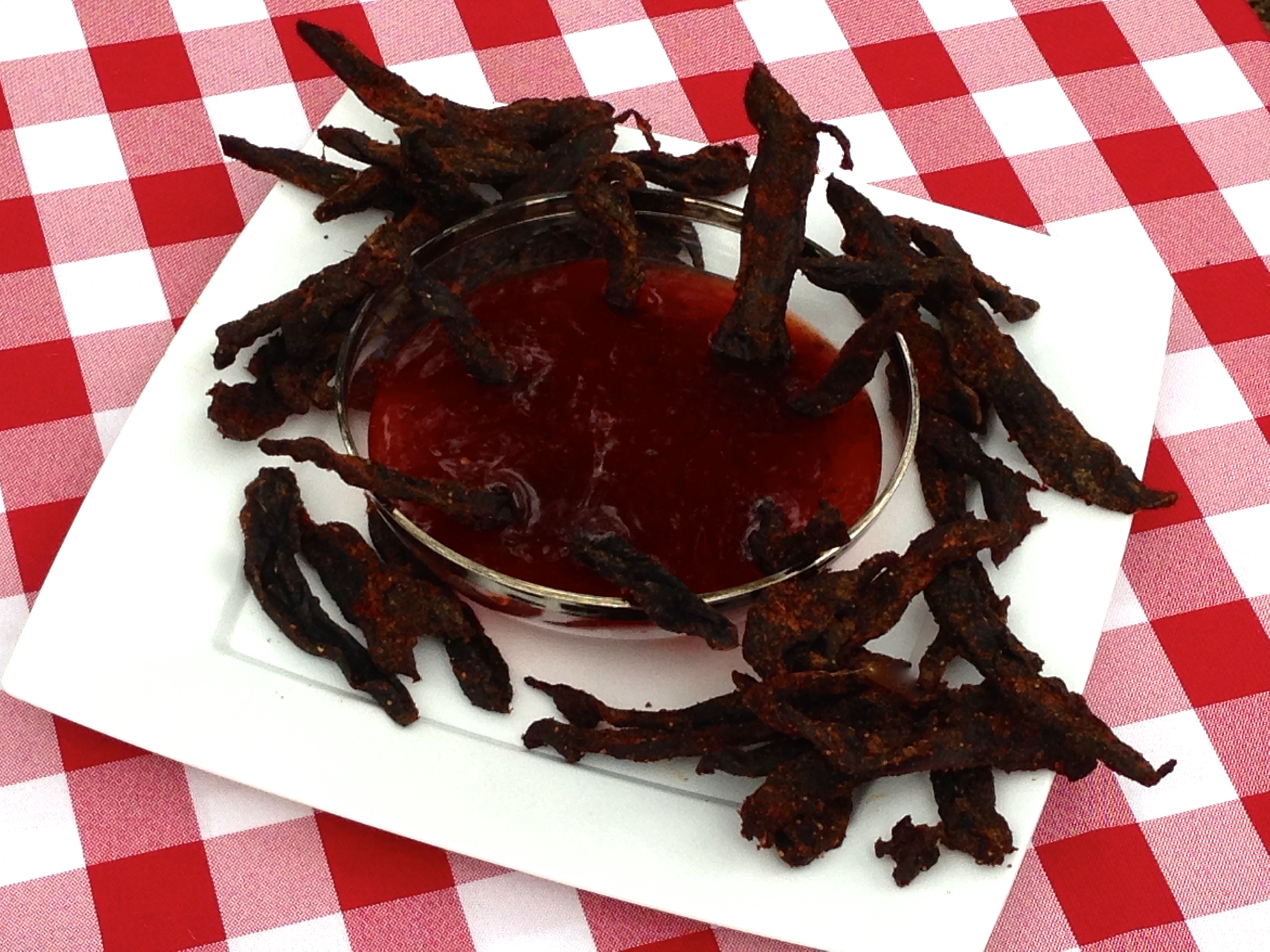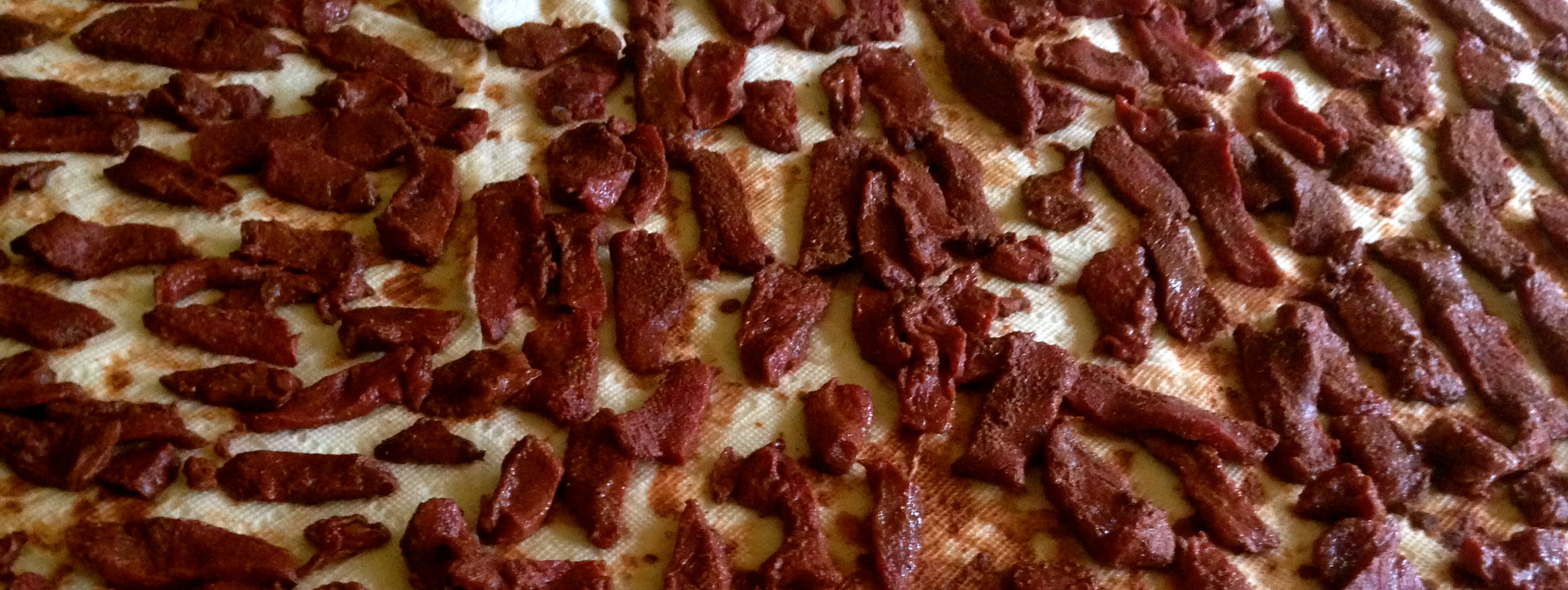Hunting season is a special time in South Arkansas —especially, for the convivial sort, fond of feasting on the delights of the field and chewing through well-embellished tales of conquests and mishaps. Indeed, hunting camps may be the last true bastion of story telling —where else are entire evenings devoted to the enterprise of recreational embellishment?
The stories begin well before a hunter takes his first prey and continue long after his days afield. Through story the young hunter seems big —and bigger still. The aged hunter keeps his stories young by updating the embellishment with each telling. Hunters struggle each season with uncertainty and debacles in pursuit of game, but the stories anchor the camp and flavor all else.
The skills and strategy of hunting garner much attention, but what is sometimes lost is the art. Hunting mixes a traditional undertaking of ritualistic discipline in pursuit of a basic animalistic need with the boundless whimsy of human frolic. An artful hunter can sit in serious, stoic, stillness ready to pounce —only to find himself falling flat on his back in an explosive fit of belly laughter provoked by the slightest of amusement. The beauty of hunting lies in this spectrum of behavior, which is best captured in story and feast.
Recently, as I prepared venison and duck jerky, a particular hunter’s story of folly came to mind…
The hunter, of an experienced age, scouted and planned for months leading up to the opening of season. He discovered a location where a buck had been scraping and rubbing. He sighted and re-sighted his rifle. Cultivated a garden for the buck to nibble. Positioned and camouflaged a stand nearby. And on opening morning of season, he arrived at the stand well before daylight and quietly waited.
His meticulous planning and diligent work paid off when a wall-hanger (for the non-hunting feast-makers this refers to a male deer with a big rack of horns) stepped out into the clearing near his stand. All he could see was horns. His mind danced as he envisioned the triumph of taking the buck and then parading it through the camp. He was a portrait of success. Others would marvel at his skillful stalking and planning. He was poised for the biggest kill of the season! Ahh, the glory!
Only, he became so excited that he could not be steady. His hands and arms began to shake, mildly at first, then increasingly as he tried to take aim. The shaking became so violent that the scope on his rifle slipped its mounts (which unbeknownst to him had loosened during all of the sighting and re-sighting of his rifle) and flopped off the gun landing with a loud “thud!”
Startled, the buck dashed away.
Dejected, the hunter gathered his belongings and slowly climbed down from the stand. And as his feet hit the ground, he dashed away (nearly as fast as the buck) to tell the story!
Jerky is a food-of-folly. A feast-maker meticulously slices meat, marinates the slices for hours in bold flavorful liquids, and then spends just as many (if not more) hours drying the slices out —leaving only a hint of flavor on the tough, meaty essence. In all, the preparation time rivals that of a seven course feast, but the end result is but a snack —a delightful dried bit of folly.
The options for making jerky are endless, but here is a guide to get you started:
Let’s start with the meat. Jerky can be made from nearly any meat (for my recent jerky I used deer loin and duck breast —because that’s what I had left in the freezer). You will need to slice the meat very thinly (the thicker the slices the longer it takes to dry it out). For the feast-maker fortunate enough to have a meat grinder, a slicer can be attached which makes short work of the slicing, which is a big time saver.
Next, for best flavor the sliced meat will need to be marinated. You have lots of options, and here are some of my favorites:
*Beer, wine, or whiskey
*Worcestershire sauce
*Dijon mustard
*Apple juice
*Apple cider vinegar
*Teriyaki sauce
*Sriracha sauce (Chinese hot sauce)
I also like adding onion slices, garlic cloves and citrus fruit to the marinade. And I always include the following:
*Kosher salt
*Black pepper
*Curing salt (important because of the slow cooking at very low temperatures)
The next step is to allow the strips to marinate in the refrigerator for several hours (overnight works great) in a sealed container. Remove the meat from the marinade and dry the excess liquid before moving to the next step (spreading strips on paper towels works well). Next, I like to add some seasoning, such as:
*Granulated garlic
*Onion powder
*Cayenne pepper
*Cumin
Jerky can be made in a smoker, oven or with a dehydrator. I typically use a dehydrator. Depending on the thickness of the slices and your preference on texture, plan for six to twelve hours for the dehydrating process (I like mine to still have a bit of chewiness so after about six hours I taste check it every hour or so).
Store the finished jerky in an airtight jar or plastic bag. If you will not be consuming it within a week, place in refrigerator or freezer for longer storage.
Chew on the follies of life, my friend.



Good site you’ve got here.. It’s difficult to find excellent writing like yours
these days. I honestly appreciate people like you!
Take care!!